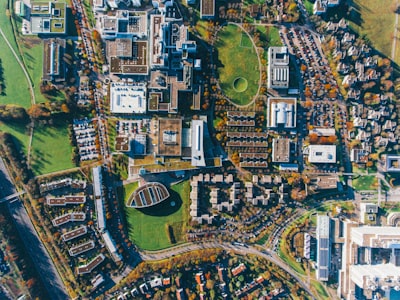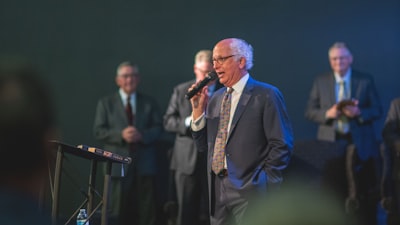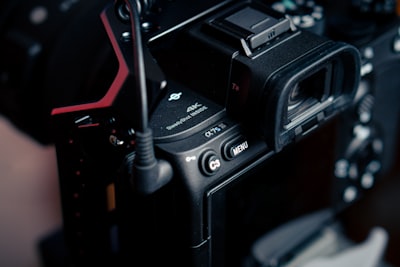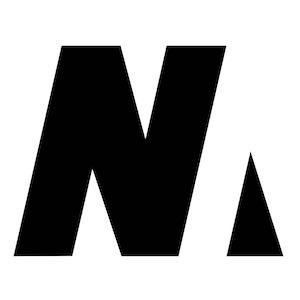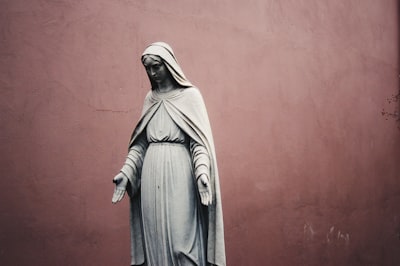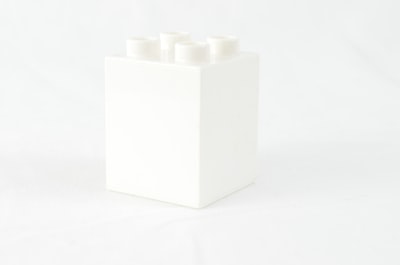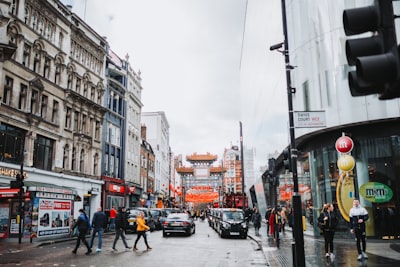A list of 400 big businesses have decided to boycott Facebook and pause their Facebook ad campaigns. This is in protest to Facebook’s so called enabling of hate speech. They are demanding that Facebook establish a permanent civil rights infrastructure to evaluate Facebook’s products and policies for discrimination, bias, and hate. They are demanding that Facebook remove public and private groups focused on white supremacy, militia, antisemitism, violent conspiracies, Holocaust denialism, vaccine misinformation, and climate denialism… and that’s only a couple of their demands — there’s 10 of them. If implemented, this would basically turn Facebook into a censored, safe space version of CNN. It would destroy what little real discourse still exists on Facebook.
Here’s the laughable thing about this virtue signaling effort: how come none of these companies had any problems with Facebook’s mass data collection, or disregard for user privacy that’s been going on for years? No, apparently what crossed the line is that Facebook allows people can say mean things on Facebook; to speak freely. What matters is that people can still say nasty things about each other and we need to protect users from words.
So, the crusade these brands are embarking on is: that they won’t be advertising on Facebook… in July. Oh, the sacrifice, for a whole month, they won’t be advertising! If you have a problem with Facebook not intervening in people’s speech, put your money where your mouth is and get off of it forever. Delete your account.
Also, it’s not like these companies have stellar track records of upholding grand moral principles to begin with. Procter & Gamble is Facebook’s seventh-largest advertiser and spends an estimated $92.3 million spent last year. They say they have launched a “comprehensive review” of its advertising partners, and mention that they have a list of thousands of sites they don’t advertise on because they do not meet the company’s standards. Ah, their rigorous standards. Here’s a fun fact for you: P&G have been fined €200 million by the European Commission for establishing a price-fixing cartel for washing powder. Let’s not forget that, to keep those prices low, P&G were caught buying palm oil from sources using child labor and forced labor in 2016. Yes, those strict moral standards. But of course we know that P&G are a good company, because they turn off their Facebook ads for a whole month!
What these mega-brands (Coke, Starbucks, Unilever, P&G and co) are going to do now is determine how much the brand metrics improved or deteriorated as a consequence of their political posturing. Call me cynical, but I’ve been doing this for a very long time and I’ve actually worked with some of these big brand houses. They are of course not turning off their ads because of any underlying principles; it’s an ample opportunity to virtue signal and pander to their audience, to state their relevance and anchor themselves to the zeitgeist. What they’ll do from here is, they’ll measure the impact on their brand recognition, brand preference vs competitors, stock levels per store, product margins etc. This takes some time to tease out, but they are very good at it, they never miss an opportunity, and they’ll learn from it. In fact, you could say that this is a very valuable and opportune pre-post test.
When Zuch says they’ll be back, he’s right. They are only turning off the ads for July — if they really were serious and had a real problem with Facebook’s policies, they’d be gone until Facebook changes. Period. You don’t make a very compelling threat by putting an end date on your reprisals. The reason Zuck can afford to take a gamble on the advertisers coming back, is the following. Facebook generated about $70 billion in advertising revenue last year, but this is mostly from small and medium-sized businesses. They can live without the big brands, worst case. Facebook have, just like Google, done a very good job at on boarding the long-tail of advertisers.
So, what about that impact on the brand metrics from this boycott? They say ‘get woke go broke’. That is, if you don’t know your audience. Some brands have taken a gamble on this, such as Nike and their Kaepernick campaign, and while this generated a lot of hate and controversy, it has been a win for Nike. If your core audience is that way inclined, then the political grand standing can work in your favor, at least in the short-term. I wouldn’t gamble on it though, and that’s because it’s hard to gauge, and because people on all sides are growing tired of the politicization, and constantly being forced to accept or reject labels and values on all fronts. For the Facebook boycotters, jumping on the ad pausing bandwagon, is not as big a stand as airing an outright woke ad, but it will have some impact.
All in all, it seems like a lose-lose proposition generally. It doesn’t accomplish anything, it won’t stop hate speech, but you are gambling with people’s patience and your own brand equity. Lastly, Facebook has no absolutely no incentive to tolerate hate speech, says Nick Clegg, Facebook’s vice president of global affairs and communication. But they know they can’t realistically thwart people’s conversations. It’s a nasty world out there, and haters gonna hate. You can grow a thick skin and deal with the real world, or you can cry to big brother to create a safe space. What do you think — does the boycott change how you feel about the brands? Do you think Facebook should crack down on what these mostly lefty companies think is hate speech?
Supporters of taim.io.
